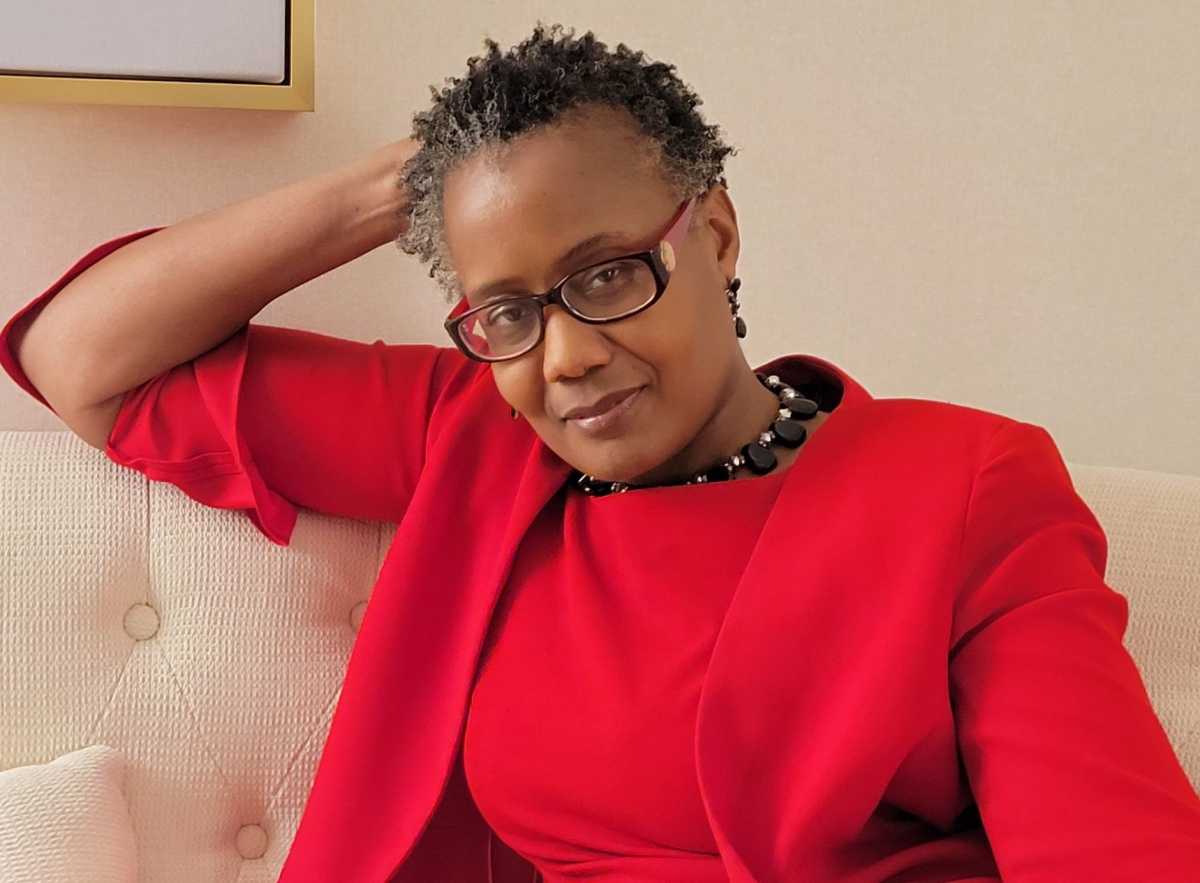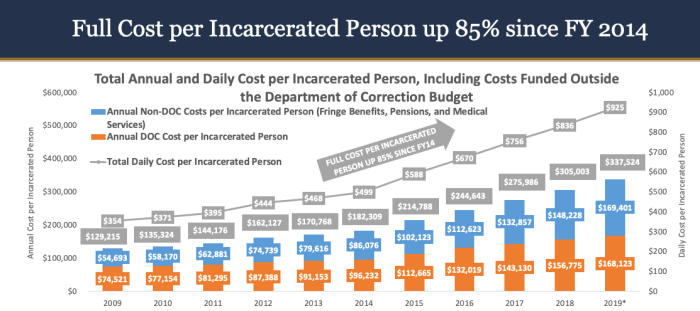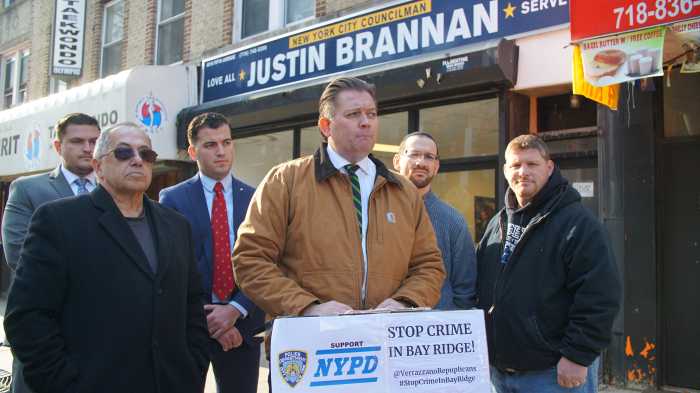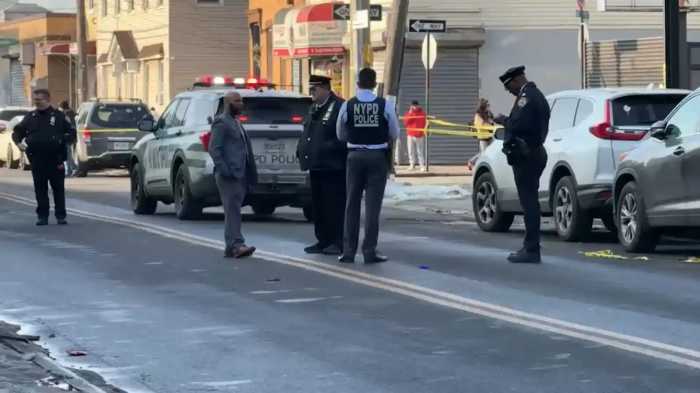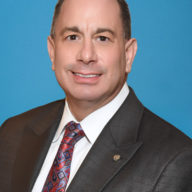
Mayor Adams has promised to make New York safe again, but if he is serious about delivering on this commitment, he must reform the current Civilian Complaint Review Board (CCRB). The Board must support Officers when they are right; give them the benefit of the doubt when reasonable people can disagree; train Officers when honest mistakes are made; and recommend discipline at proportional levels when Officers knew or should have known their conduct was not permissible.
In 1993, the Civilian Complaint Review Board was created, and as the City Charter notes, their “inquiries must be conducted fairly and independently, and in a manner in which the public and the Police Department have confidence.” Unfortunately, as someone who works with Police Officers of all ranks daily, I can attest that Officers have lost all confidence, and largely perceive CCRB as an organization that does not understand their profession and is hostile towards them.
Contrary to common belief, the CCRB is not comprised of a cross-section of individuals with various thoughts and beliefs from throughout the City. The Mayor or the City Council control 11 of the 15 appointees, and the Public Advocate one. The Police Commissioner is allowed three designees, but these must also be approved by the Mayor. As such, a Mayor and Council hostile to the police can easily create a board with similar beliefs.
But even assuming a neutral board, how reasonable is it to think its members can fairly decide hundreds of cases each year concerning police conduct? To answer this, we can ask, do board members receive any training from the Police Department concerning what Officers are expected to do or not do? Do board members spend any time on patrol with Officers to learn about their real-life experience? The answer to both these questions is no.
In fact, except for the Police Commissioner’s three designees, the City Charter specifically prohibits any board member from having law enforcement experience. And yet, this board votes to decide when an Officer is allowed to un-holster his or her gun for safety, or stop a suspicious individual, or take a mentally ill person to the hospital. Consider this comparison: A hospital sets up an outside board of 15 individuals to evaluate complaints against its nurses, but only three have any nursing experience. Would any of us support such a board?
Because of these and other systemic weaknesses, Officers regularly face subjective findings by the CCRB that cause them to forfeit vacations days that could be spent with their families. In too many cases, the people they arrest for good cause walk away with little or no penalty, while the Officers lose the equivalent of thousands of dollars in pay when a monetary value is attached to each vacation day they are forced to work without compensation. While I encourage Officers to fight these unfair sanctions, many, who have done nothing wrong, accept these penalties rather than have a public trial that upsets their families, hurts their reputation, and extends the disciplinary process, at times, for a year or more. All this needs to stop.
Last year, the situation became worse. The Police Department and the CCRB agreed to use the same “disciplinary matrix” to apply penalties to Officers. While conceptually this appears sound, the reality is that since CCRB members are not trained in policing and lack real-life law enforcement experience, they regularly misapply the standards and guidelines and impose draconian penalties in cases where Officers have done nothing wrong.
What immediately could help? Train proposed CCRB members. How? Let them ride along with patrol Officers on particular work tours to understand better the world an NYPD Officer faces. Mandate minimal training for CCRB designees that will include role-playing exercises that every Officer is required to undergo as only part of the skill set needed to cope with the unique problems facing those who suffer from chemical imbalances. Go to the police range and understand how split-second decisions are made, how lives are saved, and not taken.
Last year, 2021, ended with nearly 500 murders in our City, and over 1,850 people shot. The City had not seen anything near this number since 2011, when 515 people were killed. As he promised during the campaign, Mayor Adams met with Police Officers his first day to offer support and ask the members of the NYPD to join him in bringing our City back to the safety level that all New Yorkers deserve. He and the new Police Commissioner were immediately reminded of the dangers in that work: they began the day at the side of a Police Officer who had been shot in the head with a bullet fired in a police precinct parking lot. Mayor Adams is right to ask the members of the NYPD for their support and help, but he has an equal obligation to ensure that they are treated in a just manner, and this requires a CCRB that understands policing and treats Officers fairly.
Paul DiGiacomo is the President of the Detectives’ Endowment Association, Inc., representing more than 5,000 active and more than 13,000 retired NYPD Detectives


